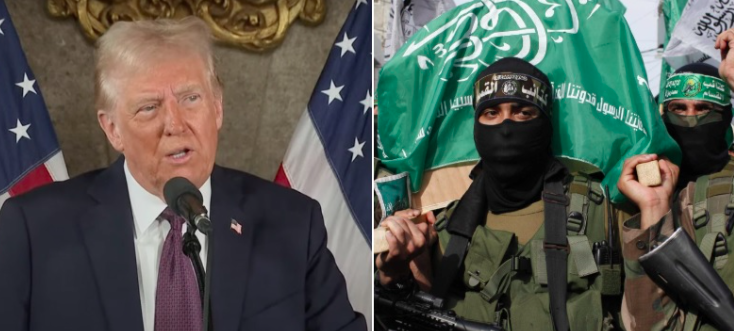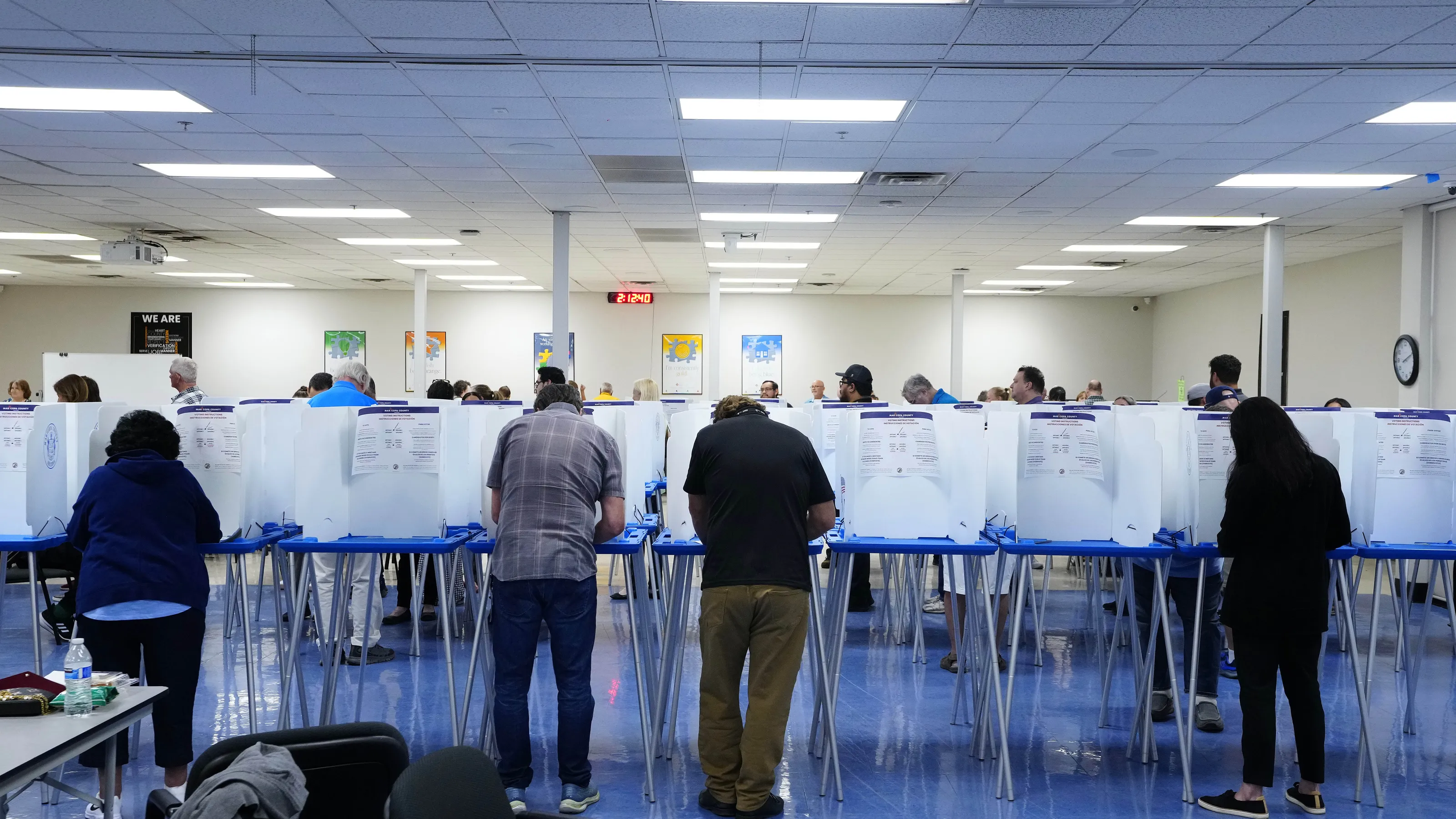In a significant shift in the ongoing conflict between Hamas and Israel, the terrorist group has reportedly shown a willingness to negotiate a ceasefire following former President Donald Trump’s sharp threats. With tensions in the Middle East escalating, Trump’s comments on the possibility of “raising hell” in the region appear to have had a decisive effect on Hamas, pushing them toward talks that could lead to a ceasefire.
The talks come as a result of pressure from various sources, including the outspoken rhetoric from Trump, who has long been a critic of both Hamas and Palestinian violence. His recent warning that he would take a much harder line against Hamas and its supporters if he were to return to the White House seems to have prompted a reconsideration of their stance. Hamas, often unwilling to negotiate, is now reportedly open to discussions with Israel, according to sources close to the negotiations.
Hamas’s move to the table is not without context. The group has faced mounting pressure from both regional and international players, including pressure from Trump and his allies. As the former president continues to dominate the political landscape, his threats appear to resonate with the leadership of Hamas, who are keenly aware of the historical consequences of underestimating U.S. influence in the Middle East.
In a January 13th report by CNN, a Hamas spokesperson confirmed the group’s readiness to begin negotiations for a ceasefire. The spokesperson cited growing concerns over the potential for U.S. military action in the region, referencing Trump’s recent remarks. While the details of any potential ceasefire remain unclear, the fact that Hamas is even considering such talks signals a significant shift from their usual hardline stance.
This development comes just days after Trump’s comments in which he warned that any aggression from Hamas would be met with an overwhelming response. His statement that the United States would “raise hell” in the Middle East has clearly had an impact on Hamas’s calculations. According to JD Vance, a political commentator, Trump’s words may have directly led to the group’s decision to enter negotiations. Vance remarked, “It’s clear that Hamas is terrified of what could happen next. Trump’s no-nonsense approach is forcing them to rethink their strategy.”
The shifting dynamic in the region highlights a stark contrast between Trump’s aggressive foreign policy and the more measured approach of the Biden administration. Under Biden, the United States has often been seen as more passive in addressing threats from groups like Hamas, offering diplomatic overtures while avoiding direct confrontation. Trump, on the other hand, has long made it clear that he believes in using military might to ensure U.S. interests are protected. This approach has garnered both criticism and support, but there’s no doubt it has significantly shaped the political landscape in the Middle East.
Critics of Hamas have also pointed to the group’s increasing vulnerability as a factor in their willingness to negotiate. With ongoing pressure from Israeli forces and other regional powers, Hamas faces a reality in which continued violence may not yield the desired results. The group’s leadership is under intense scrutiny, and the possibility of further military action by the U.S. and Israel seems to have prompted them to reconsider their approach.
The potential for a ceasefire, while still tentative, could represent a major breakthrough in the conflict. Both sides would need to make significant concessions for any deal to be successful, but the very fact that talks are taking place suggests that Hamas is beginning to acknowledge the shifting power dynamics in the region. Experts believe that the influence of the Trump administration, even from the sidelines, has played a pivotal role in pushing Hamas toward the negotiating table.
While many remain cautious about the outcome of these talks, the move by Hamas to entertain a ceasefire represents a dramatic shift in the conflict’s trajectory. The world will be watching closely to see if the negotiations result in a lasting peace or if further hostilities will unfold in the coming months.
The timing of these developments also underscores the changing nature of international relations in the Middle East. As regional powers realign and the United States asserts its influence, the prospects for peace in the region remain uncertain. However, the pressure applied by Trump’s remarks has undoubtedly altered the course of events, potentially paving the way for a new chapter in the long-running Israeli-Palestinian conflict.



TWO “terrorist groups”, the zionists AND Hamas